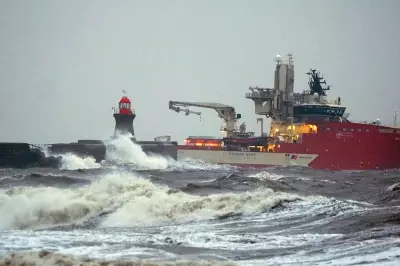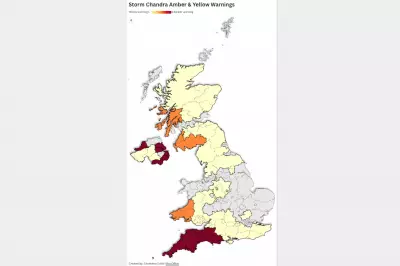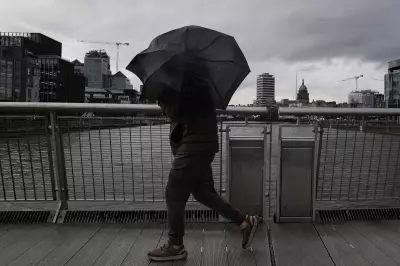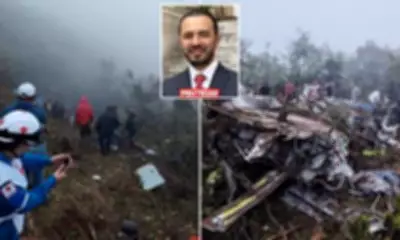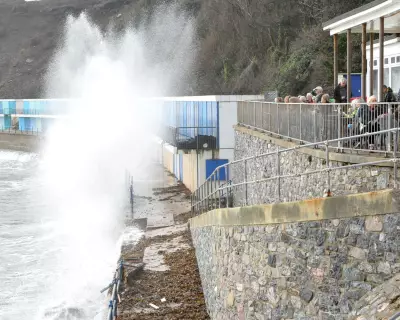
A devastating inquest has revealed a catastrophic failure in emergency protocol that led to the drowning of an 83-year-old widow in her own home during severe flooding.
Sheila Orchard, described as a fiercely independent but vulnerable woman, tragically died in the bathroom of her bungalow in Talybont-on-Usk, Powys, on October 20th, 2022. The hearing was told that fire crews were explicitly aware of a list of vulnerable residents in the area, yet no welfare check was conducted on the morning the River Usk burst its banks.
A Night of Rising Danger
As torrential rain from Storm Gerrit lashed Wales, neighbours raised the alarm with Mrs Orchard at 11:30 PM the previous night, urging her to evacuate. She refused, a decision the coroner noted was in keeping with her determined character. Firefighters attended the scene but, finding her dry and safe at that time, left without enforcing an evacuation.
The Critical Failure
The most damning evidence emerged around the failure to act the following morning. Station manager Gareth Davies confirmed to the inquest that crews were in possession of a ‘vulnerable persons register’. Despite this, and knowing the floodwaters were still rising dangerously, no attempt was made to return to check on Mrs Orchard or other at-risk individuals.
By the time a different crew arrived on scene for an unrelated call later that day, it was too late. They discovered the pensioner’s body in her flooded home.
Questions of Accountability
Mid and West Wales Fire and Rescue Service admitted its crews “did not follow the correct policies and procedures”. The inquest heard that while the initial response was appropriate, the lack of a follow-up welfare check was a critical error. A serious incident review has since been conducted by the service.
Coroner Sara Lewis recorded a conclusion of accidental death, emphasising that the beloved great-grandmother had “died as a result of a tragic accident”. The case has sent shockwaves through the community, raising serious questions about the safeguarding of vulnerable people during extreme weather events.

